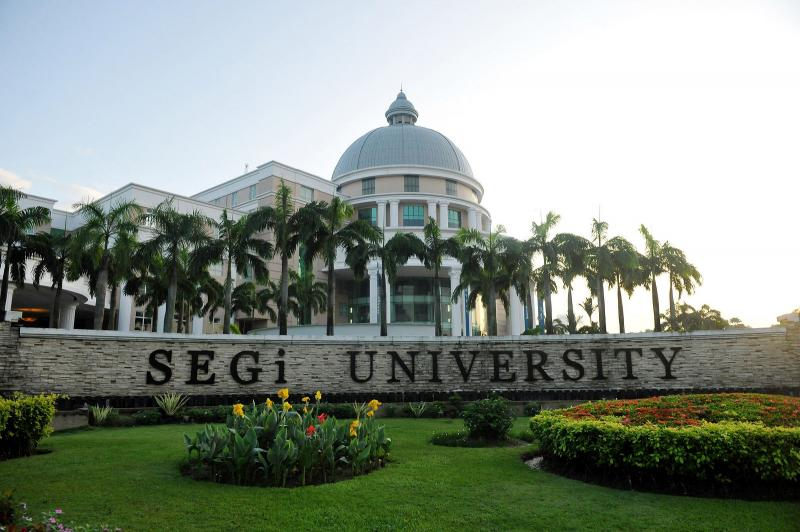Title:
Cell and Molecular Biology: Understanding Immune Cell Functions
Date:
January 16th, 2026 (UTC+8)
Organizer:
Faculty of Education, Languages, Psychology and Music, SEGi University
Symposium Chair:

Dr. Sheiladevi Sukumaran
Personal Bio:
Dr. Sheiladevi Sukumaran is a program leader and senior lecture in SEGi University. She obtained her Bachelor of Science (Hons), Master's in Science and Doctor of Philosophy in Education Management from the University of Malaya. Her job scope currently is managing research postgraduate students. She has taught subjects like Research Method and Statistics, Biochemistry, Cell Biology, Psychology, Human Anatomy and Physiology. Her interest in research involving Biotechnology, STEM, Science and Technology. She currently involved in numerous research includes FRGS, Grant Program Pembangunan Masa Depan Malaysia, REIG Grants, Seed Grant, PSIF grants and two Segi University Internal Grants. She also has several Scopus publications, ebook, conference proceeding publication and poster presentation. One of the publications in Asia Pacific Journal Molecular Biology and Biotechnology, that won best poster is Knowledge, Attitude and Perception towards Cancer Prevention Practice among Public in Putrajaya Cancer. She has four industrial collaborations that involved eye specialist center, natural product, health device industry and berry product distributor. She is also actively involved in National STEM Malaysia organizing many activities in school and higher education level.
Committee Members:
Dr. Nurul Salwana Khair, SEGi University, Malaysia, nurulsalwanakhair@segi.edu.my
Call for Papers
Background:
The human immune system is one of biology's most intricate and remarkable defense networks. It functions as a living shield, constantly working to identify, neutralize, and eliminate threats ranging from everyday pathogens to life-threatening cancers. At its core are specialized immune cells—“cellular defenders”—whose diverse roles and coordinated actions illustrate the elegance and complexity of biological defense.
This symposium will explore the fascinating world of immune cells, highlighting both their individual functions and the collaborative strategies that ensure survival. Macrophages act as the vigilant sentinels, engulfing invaders and orchestrating inflammatory responses. Neutrophils arrive first at the scene of infection, serving as rapid responders. Dendritic cells act as crucial messengers, presenting antigens and activating T-cells. Meanwhile, T-cells themselves diversify into coordinators and killers, ensuring targeted defense. B-cells contribute by producing antibodies and creating long-term memory, while Natural Killer cells provide frontline protection against virus-infected and malignant cells.
Goal/Rationale:
Equally important are the processes that define immune efficiency. Phagocytosis allows immune cells to engulf and digest pathogens; antigen presentation links the innate and adaptive immune responses; apoptosis ensures damaged or infected cells are removed without triggering harmful inflammation; and cytokine signaling enables precise communication between cells. These mechanisms ensure that immune responses are effective, adaptive, and finely balanced.
In recent years, modern medicine has leveraged this knowledge to produce ground breaking therapies. Immunotherapies have revolutionized cancer treatment by reactivating immune surveillance. Vaccination strategies, including mRNA platforms, have shown the power of harnessing cellular intelligence to combat global pandemics. Advances in cellular engineering, such as CAR-T and NK cell therapies, further demonstrate how understanding immune cell biology can be translated into innovative medical interventions.
Scope and Information for Participants:
At the intersection of modern medicine and global health, the immune system provides valuable lessons. Its diversity, coordination, and adaptability reflect the principles required for addressing contemporary health challenges. From combating infectious diseases and antimicrobial resistance to managing autoimmune conditions and advancing personalized medicine, immune cell biology holds transformative potential for healthcare systems worldwide.
This symposium will not only provide an overview of immune cell functions but also situate them within the larger context of global health. Participants will gain a deeper appreciation of how basic cellular processes underpin some of the most advanced medical technologies available today. Moreover, this session will highlight how the immune system's cooperative model can inspire cross-border, cross-disciplinary approaches in healthcare and research.
In essence, the immune system is more than a biological safeguard; it is a living narrative of collaboration. Understanding the “cellular defenders” is therefore not just about science, but about envisioning future pathways for medicine, resilience, and global health equity.
Topics:
The main topics of this symposium are listed below.
Public Health and Environment
- Atmospheric Sciences and Meteorology
- Biostatistics
- Community Health
- Disease Control
- Environmental Health
- Epidemiology
- Food Biotechnology
- Food Nutrition and Health
- Food Process Design and Engineering
- Food Safety and Quality Control
- GIS
- Natural Resource Management
- Remote Sensing Technology
- Vaccination
Meanwhile, submissions aligned with the overall conference theme are also welcome.
Pharmaceutical Research and Drug Therapy
- Medicinal Chemistry and Biochemistry
- Pharmaceutics and Synthesis
- Pharmacogenomics, Cell Biology, and Molecular Biology
- Pharmacodynamics, Pharmacokinetics, and Drug Delivery
- Pharmaceutical toxicology
- Pharmacognosy and Natural Drugs
Basic and Clinical Medicine
- Anatomy
- Anesthesiology
- Dermatology
- General Surgery
- Hematology
- Human Physiology
- Immunology
- Internal Medicine
- Medical Biochemistry
- Medical Cell Biology
- Medical Genetics
- Medical Microbiology
- Medical Statistics
- Medical Virology
- Neurosurgery
- Nursing and Health Care
- Occupational Medicine
- Ophthalmology
- Oral and Maxillofacial Surgery
- Otorhinolaryngology
- Pathology
- Pediatrics
- Physical Medicine and Rehabilitation
- Radiation Medicine
- Radiology
- Tissue Embryology
- Traditional Chinese Medicine and Pharmacy
- Urology
Biomedical Engineering and Bioinformatics
- Biomarker Discovery
- Biomedical and Health Informatics
- Biomedical Engineering Education and Society
- Biomedical Intelligence
- Biomedical Sensors and Wearable Systems
- Biomedical Signal/Image Analysis
- Biomedical Text Mining and Ontologies
- Biorobotics and Biomechanics
- Clinical Data Analysis
- Electronic Health Record
- Genome-Phenome Analysis
- Pathogen bioinformatics
- Therapeutic & Diagnostic Systems and Technologies
- Translational Engineering for Healthcare Innovation and Commercialization
Submission:
Prospective authors are kindly invited to submit full papers that include title, abstract, introduction, tables, figures, conclusion and references. It is unnecessary to submit an abstract in advance. Please submit your papers in English.
Each paper should be no less than 4 pages. One regular registration can cover a paper of 6 pages, and additional pages will be charged. Please format your paper well according to the conference template before submission. Paper Template Download
Please prepare your paper in both .doc/.docx and .pdf format and submit your full paper by email with both formats attached directly to sympo_petalingjaya@icmmgh.org
Important Dates:
| Process | Date & Time |
|---|---|
| Submission Deadline | January 9, 2026 |
| Symposium Date | January 16, 2026 |
| Notification of Acceptance | 7-20 workdays |
Publication:
Accepted papers of the symposium will be published in Theoretical and Natural Science (TNS) (Print ISSN 2753-8818), and will be submitted to Conference Proceedings Citation Index (CPCI), Crossref, CNKI, Portico, Engineering Village (Inspec), Google Scholar and other databases for indexing. The situation may be affected by factors among databases like processing time, workflow, policy, etc.
Publication info
Title: Theoretical and Natural Science (TNS)
Press: EWA Publishing, United Kingdom
ISSN: 2753-8818, 2753-8826 (electronic)
This symposium is organized by ICMMGH 2026 and it will independently proceed the submission and publication process.
* The papers will be exported to production and publication on a regular basis. Early-registered papers are expected to be published online earlier.
Highlights
The symposium titled Cell and Molecular Biology: Understanding Immune Cell Functions, delivered by Associate Professor Ts Dr. Sheiladevi Sukumaran, Ms.Nurul Salwana, Ms.Glory and Mr. Yang Xinlin, provided a comprehensive overview of the immune system from a cell and molecular biology perspective. The session covered the fundamental structure and function of the immune system, highlighting the roles of key immune cells such as neutrophils, macrophages, dendritic cells, natural killer (NK) cells, T lymphocytes, and B lymphocytes. Participants were introduced to the distinction between innate and adaptive immunity and explored essential cellular processes including phagocytosis, antigen presentation, apoptosis, and immune cell communication through cytokines and receptor–ligand interactions. The symposium also emphasized the clinical relevance of immune cell functions, illustrating how immune dysregulation contributes to autoimmune diseases, immunodeficiency disorders, allergies, and cancer, as well as its importance in immunotherapy and vaccine development. Overall, the session reinforced the concept that effective immune defense relies on coordinated interactions among specialized immune cells and precise molecular signaling mechanisms. The symposium successfully linked fundamental cell biology concepts with real-world medical applications, enhancing participants’ understanding of immune-related health and disease. The symposium was held on 16th January, commencing at 10:30 a.m., and was attended by 24 participants.
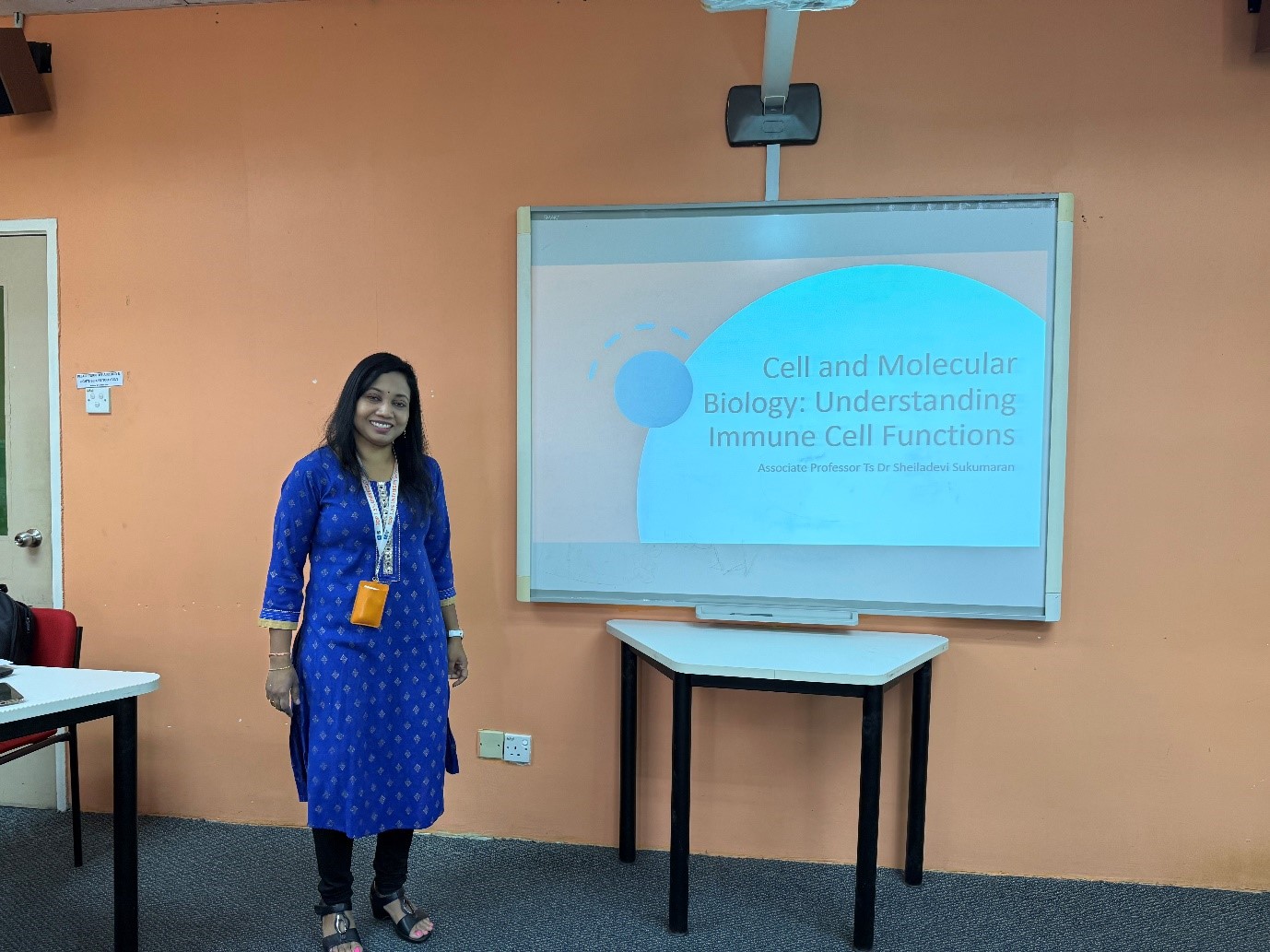
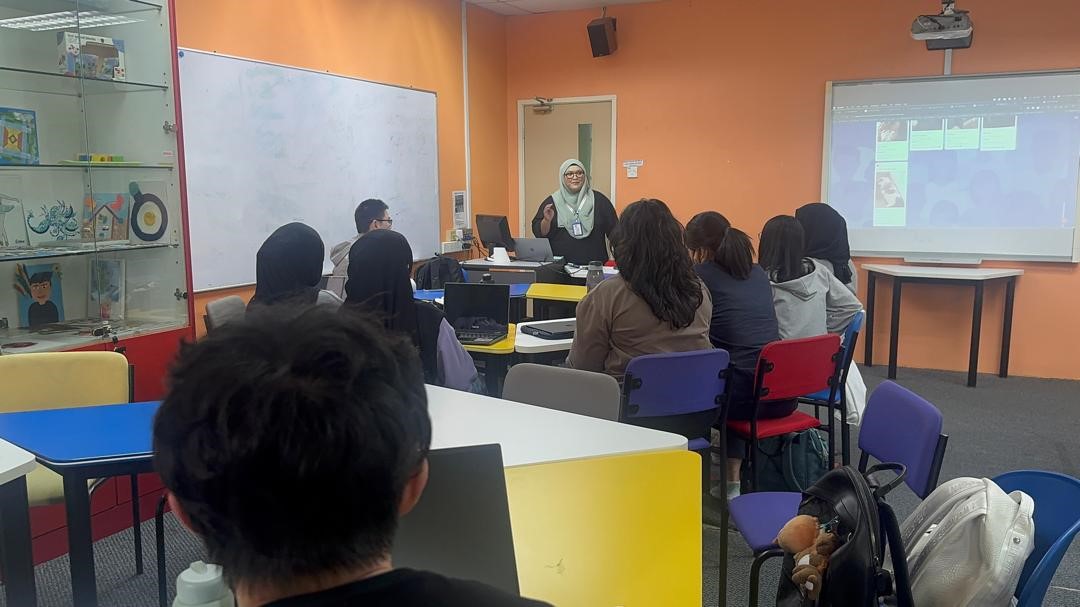
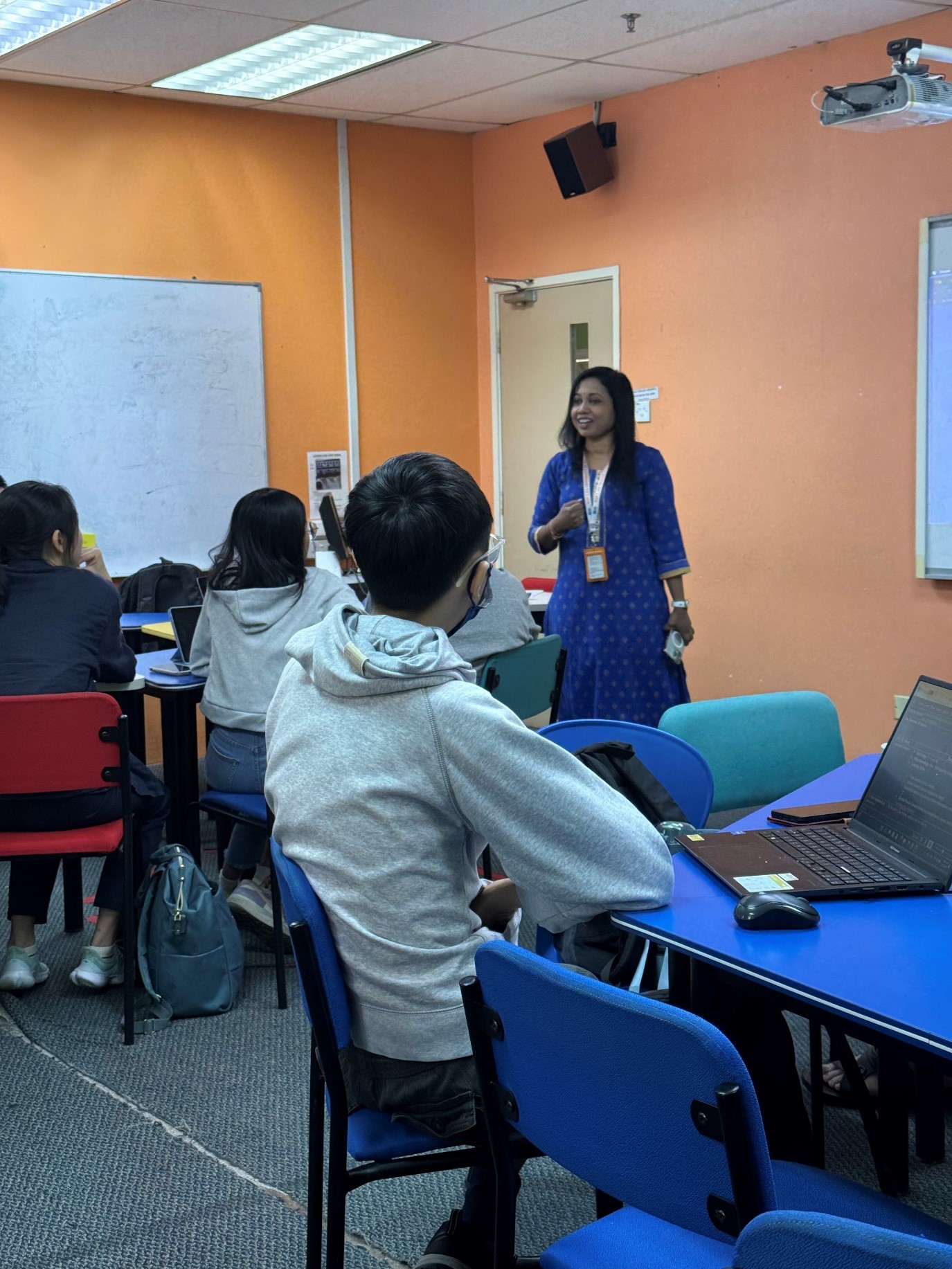
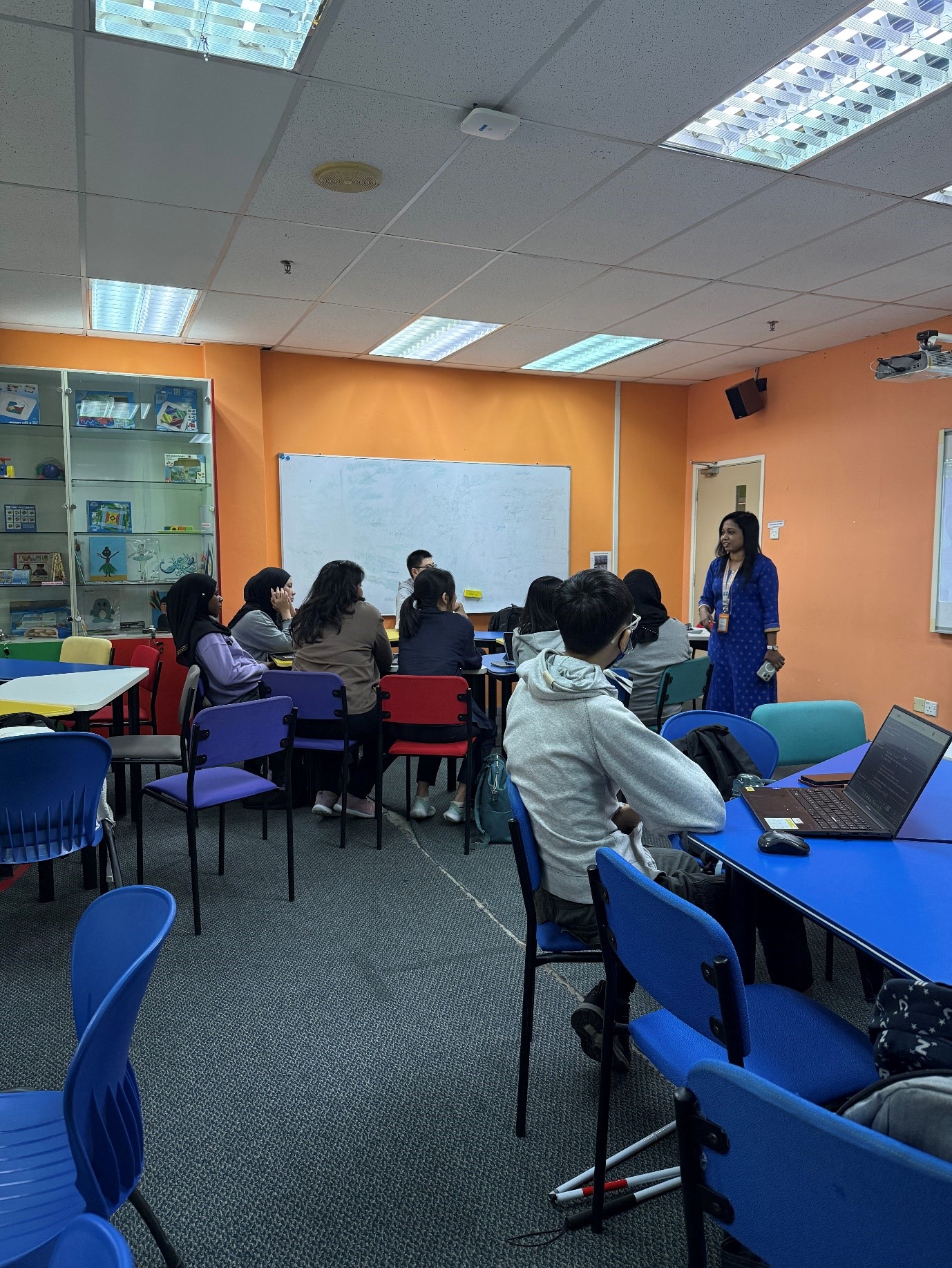
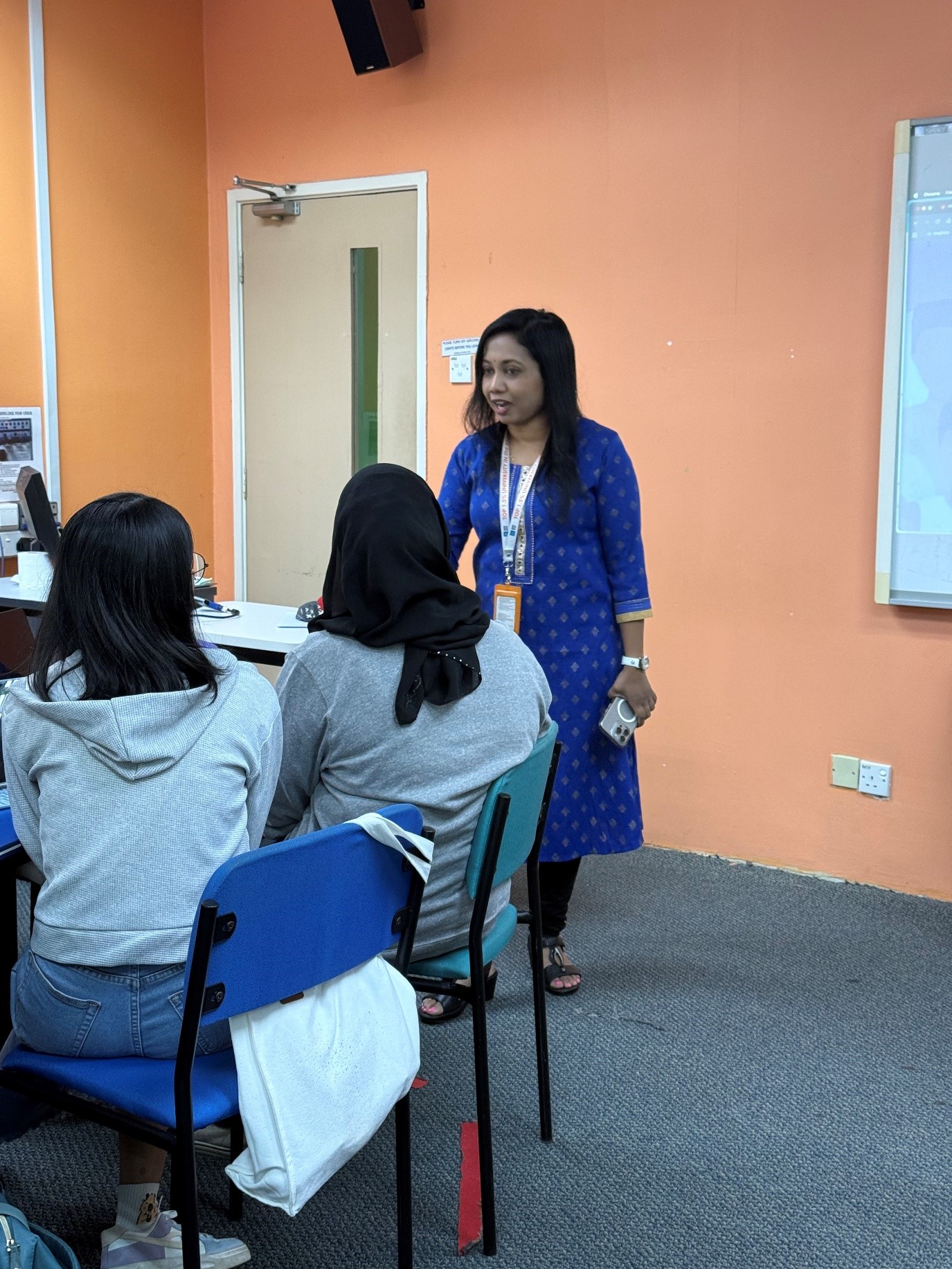
Access to Symposium: ICMMGH 2026 Symposium -- Petaling Jaya - YouTube
Ways to Participate
Venue:
9, Jalan Teknologi, Pju 5 Kota Damansara, 47810 Petaling Jaya, Selangor, Malaysia
Attend in Person:
If you want to attend the symposium on-site, please email sympo_petalingjaya@icmmgh.org. The symposium seats are limited. Both contributors and non-contributors who wish to participate in the symposium in person need to apply to the symposium organizers.
VISA:
While there are several citizens who can travel to Malaysia visa free, many foreign nationals are required to obtain a tourist visa to enter the country. The Government of Malaysia introduced an electronic visa system on March 2017 to simplify the process of obtaining a visa to travel to and around Malaysia.
The tourist eVisa for Malaysia and the eNTRI online visa were both implemented to promote tourism and encourage foreign nationals to visit this beautiful country.
Citizens of the following eligible countries can easily obtain their Malaysia tourist visa through an online form.
Malaysia Tourist Visa | Malaysia My Visa
What you need to do
- Valid passport
- Passport-sized photo (see the complete Photo Requirements to apply for Malaysia Visa | Malaysia My Visa for more information)
- Confirmed return flight reservation.
- Minor applicants will require a birth certificate.
Nationals of these countries can apply for their tourist visa from anywhere in the world, except while being in Malaysia or Singapore.
The approved tourist eVisa for Malaysia will be sent to the applicant's email. The traveler can print it out to present upon arrival.
The following documents are also necessary to enter Malaysia:
- Printed eVisa
- Valid passport
- Confirmed return flight reservation
- Proof of accommodation
- Sufficient funds for expenses while in Malaysia (credit or debit card/cash/traveler's cheque) The Malaysia tourist visa holder can stay in Malaysia for a period of up to 30 days. The tourist eVisa for Malaysia also allows multiple entries into the country.
Malaysia Tourist Visa Status Check
All notifications and updates will be sent to the applicant by email. It is therefore absolutely essential that applicants provide a functional email address so that they can be properly kept fully up to date with the application process. The majority of applications for the tourist visa are processed within 1 business day, and as soon as an application has been approved the traveler will be notified immediately.
NOTICE:
Should your application be denied, the organizing committee cannot change the decision of visa officer, nor will ICMMGH engage in discussion or correspondence with the visa application center on behalf of the applicant. The registration fee CANNOT be refunded when the VISA application of individual being denied.
